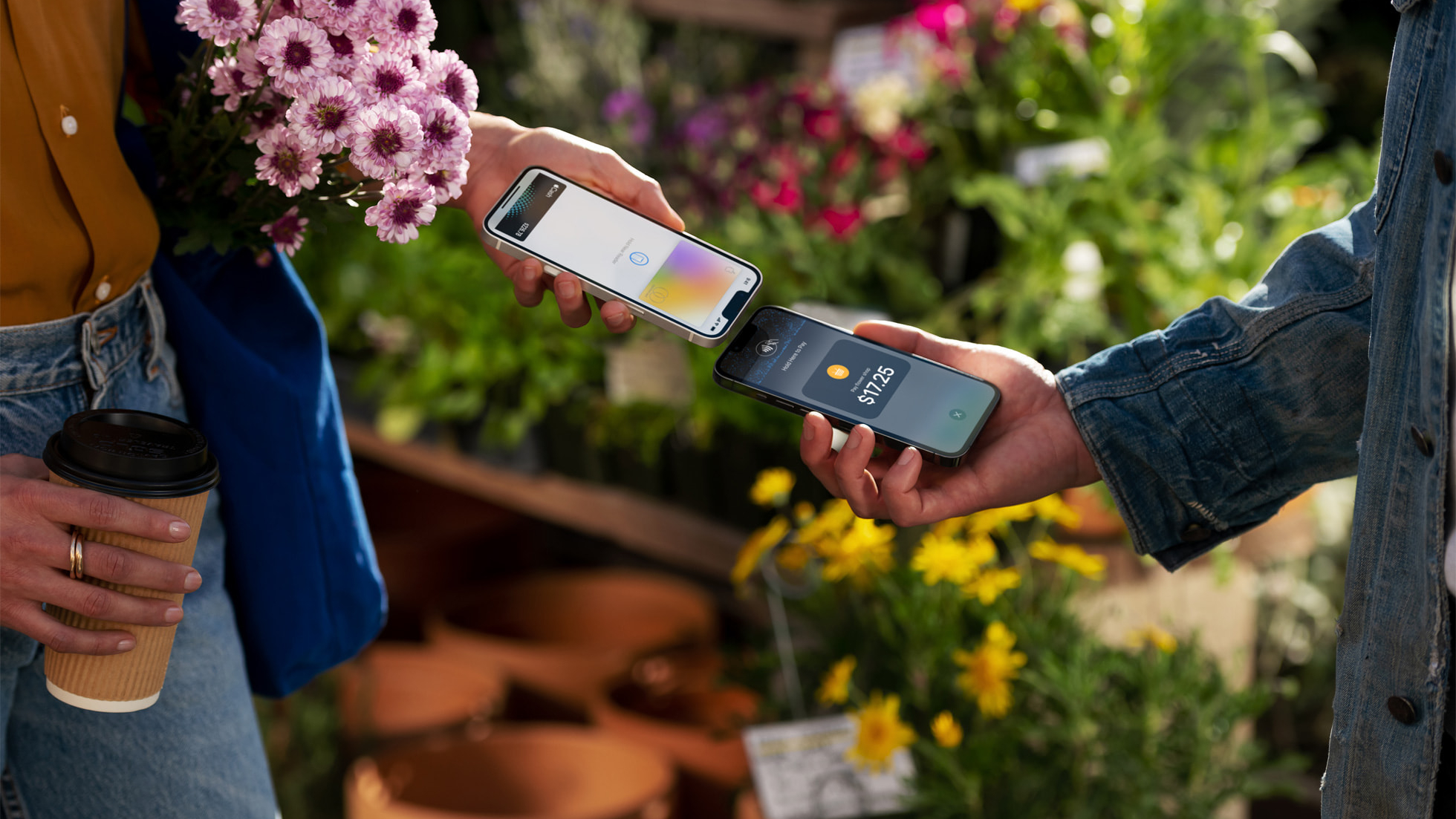
Apple has reportedly offered rivals access to the iPhone technology that powers Apple Pay in a bid to appease EU antitrust regulators.
According to a report by Reuters Tuesday, "Apple (AAPL.O) has offered to let rivals access its tap-and-go mobile payments systems used for mobile wallets, three people familiar with the matter said, a move that could settle EU antitrust charges and stave off a possible hefty fine."
Apple was charged last year over its Apple Pay system and tap-and-go payment technology on the iPhone, which is currently limited exclusively to Apple Pay. The NFC chip on the device can be used to pay for goods at any contactless station, as well as on certain public transfer networks. More recently the company has also rolled out tap to pay on iPhone, allowing users to make or receive payments with nothing but an iPhone.
Opening up Apple Pay
According to the Reuters report, "The European Commission is likely to seek feedback next month from rivals and customers before deciding whether to accept Apple's offer."
If the report is true and Apple's proposition is accepted, it could lead to rival wallet and payment services such as Google Pay emerging on the iPhone, an intriguing prospect.
iMore has reached out to Apple for comment on today's report. In May of 2022, the European Commission sent Apple a Statement of Objections regarding the NFC technology it uses in the iPhone, informing Apple "of its preliminary view that it abused its dominant position in markets for mobile wallets on iOS devices. By limiting access to a standard technology used for contactless payments with mobile devices in stores ('Near-Field Communication (NFC)' or 'tap and go'), Apple restricts competition in the mobile wallets market on iOS."
The EU at the time said it was especially concerned by reports some developers had avoided creating their own wallets and payment systems because they wouldn't work on Apple devices. Apple Pay is a staple feature of Apple's best iPhones including the iPhone 15 and iPhone 15 Pro. First unveiled in 2014, it also works on the iPad and Apple Watch. Apple has always touted the privacy and security of Apple Pay, using a secure enclave to keep your payment details and data on device, never storing your card number on Apple servers or sharing them with merchants. Apple also doesn't keep any transaction information when you make a payment. Of course, payments also need to be authorized using either a fingerprint or your face with either Face ID or Touch ID, or at the very least your iPhone's passcode.
The revelation comes as Apple faces an assault on all fronts from bodies such as the EU, which are intent on breaking open many of Apple's unique or exclusive features on the iPhone and beyond. Apple recently shut down Beeper Mini, a service that used fake credentials to allow Android users to send and receive iMessages to iPhone users. While the app has resurfaced and now requires an Apple ID login, politicians have voiced concerns about Apple's response. Notably, Senator Elizabeth Warren claimed " Big Tech executives are protecting profits by squashing competitors."







